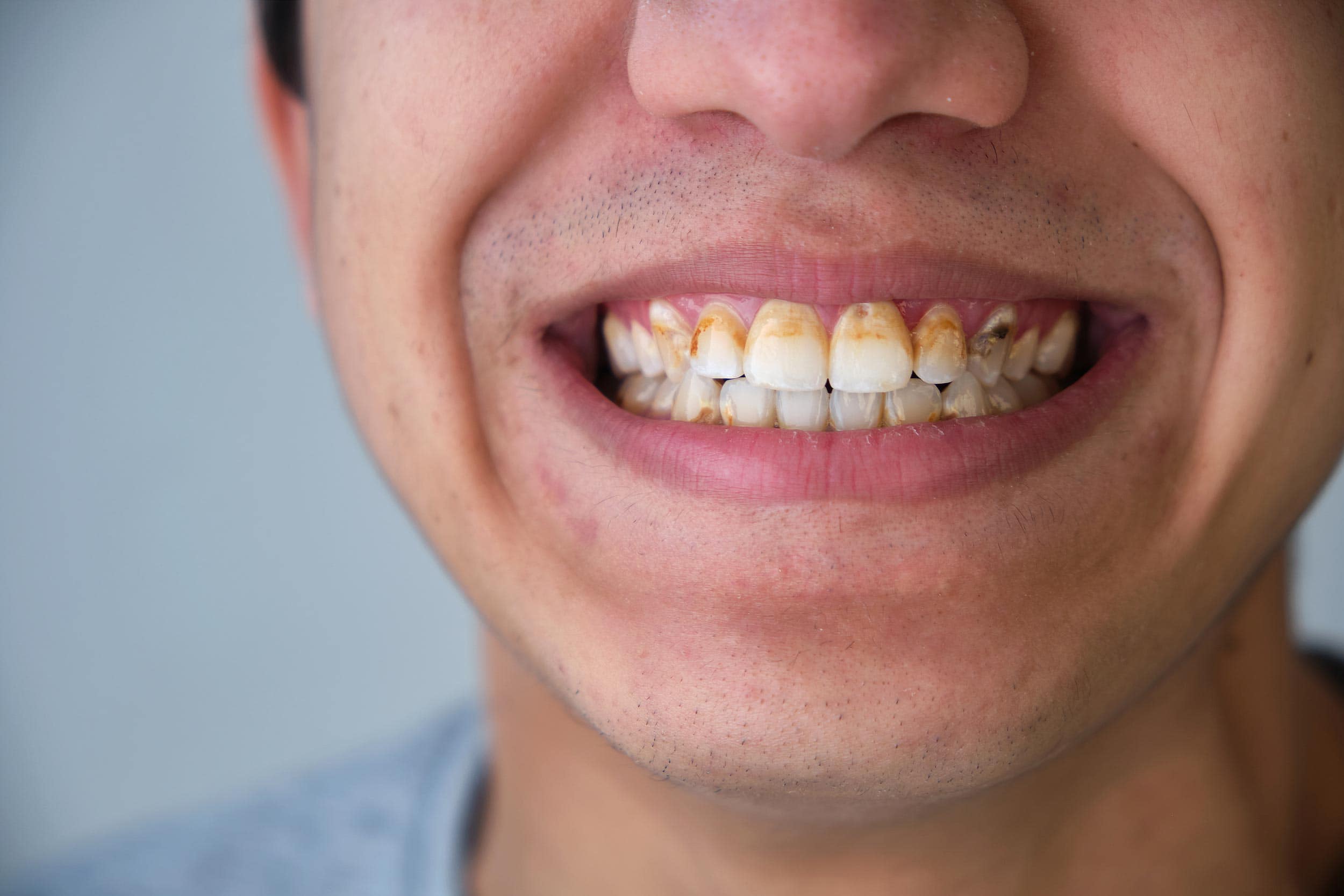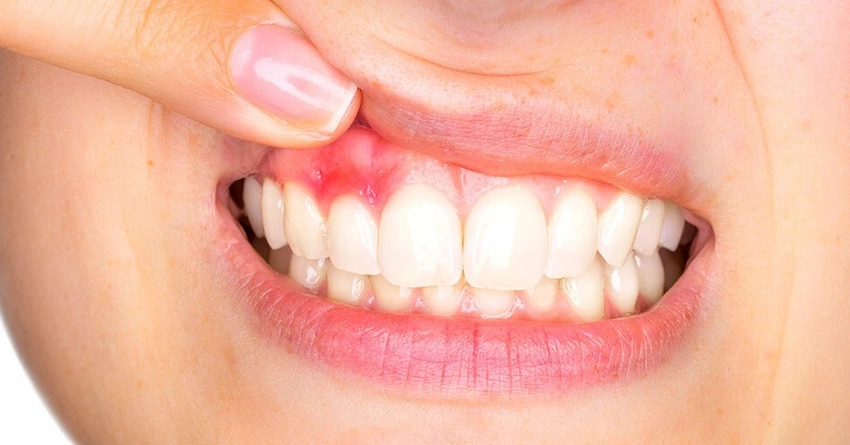🦷Comprehensive Guide To Whole-Mouth Implant Cost

Whole mouth implants are hugely successful, but what is the cost? Uncover the most critical aspects that affect pricing, possible money-saving alternatives, and how to get the best care for nice, beautiful teeth. Wondering whether full mouth dental implants can become a great lifesaver, but are still hesitant due to the money outlay? By taking the trouble to sift through the most comprehensive guide, you are sure to get to know all that is necessary, the pricing, and the available financial avenues.
Understanding the Cost of Whole-Mouth Implants
From one provider to the next, the cost of whole mouth implants can significantly differ, which comes from a variety of determining factors. The term Whole mouth implants, often referred to as full arch dental implants, is a source of a permanent solution for replacing many teeth and even the entire loss of teeth. These implants are designed to hold a fixed set of synthetic teeth in place of the missing ones that are then securely fastened to the dental implants, which are placed into the jawbone through surgery. Patients looking for a way to restore their smile opt for this mostly because of its functionality and aesthetic appeal, but most importantly, they must take the cost factor into account and then make an informed decision.
There are expenses related to whole mouth dental implants that include different components such as the first checkups, the x-ray imaging tests, the price of the implants, the operations, which are all surgical, and the final examination. It is also a matter of the dental care professional, the geographic area where the practice is located, and the individual needs of the current patient, that final sums may vary within the range of a couple of thousand up to tens of thousands of dollars. That being said, it is a must for the respective patients to sit down with dental specialists to get an estimation that is not a random guess but a real deal for the specific case in question.
Factors That Influence the Price of Full-Mouth Implants
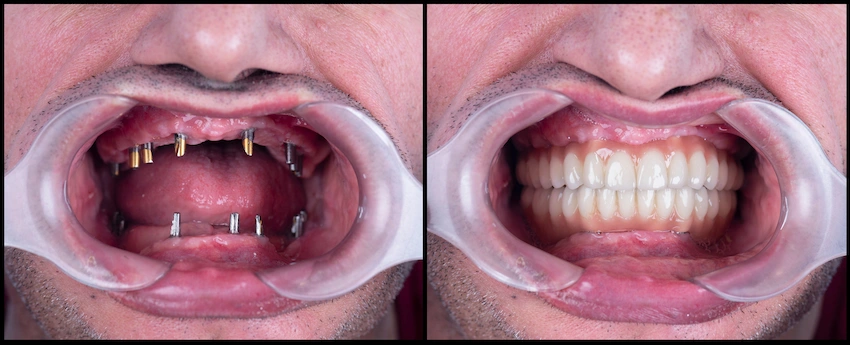
The very cost of whole mouth implants is subject to the influence of various factors. One of these factors in the process of making a decision where the patient anticipates the money that they will spend. The following are the main factors to consider:
- Geographic Location: The location of dental services decides how much the cost of dental services will be. Urban places with high standards of living usually the ones with high dental costs when compared to rural areas.
- Implant Type and Material: The cost may differ according to the type of material used, which makes up the biggest proportion of the total expenses. For example, titanium implants are a little higher because they have durable and biocompatible properties.
- Number of Implants Required: The higher the necessity of the implant, the more expensive it will be. Some patients may require more implants for reinforcement.
- Complexity of the Procedure: The existing bone loss or the fact that the patient is suffering from gum disease may result in the need to do additional procedures like bone grafting or sinus lift, which increases the cost.
- The Experience of the Dental Practitioner: The fees charged by a specialist with great expertise may be quite steep. A decision should involve striking a balance between cost and the level of care received.
- Cost of Anesthesia and Facility Fees: Both the mode of anesthesia during surgery and the facility hone down the overall costs of surgery.
The concept of factors mentioned above will allow people to go through this phase of becoming aware of the financial aspect of getting whole mouth implants and discuss the possibilities of resources like financing or insurance that might help with the payment.
Types of Whole-Mouth Implants and Their Costs
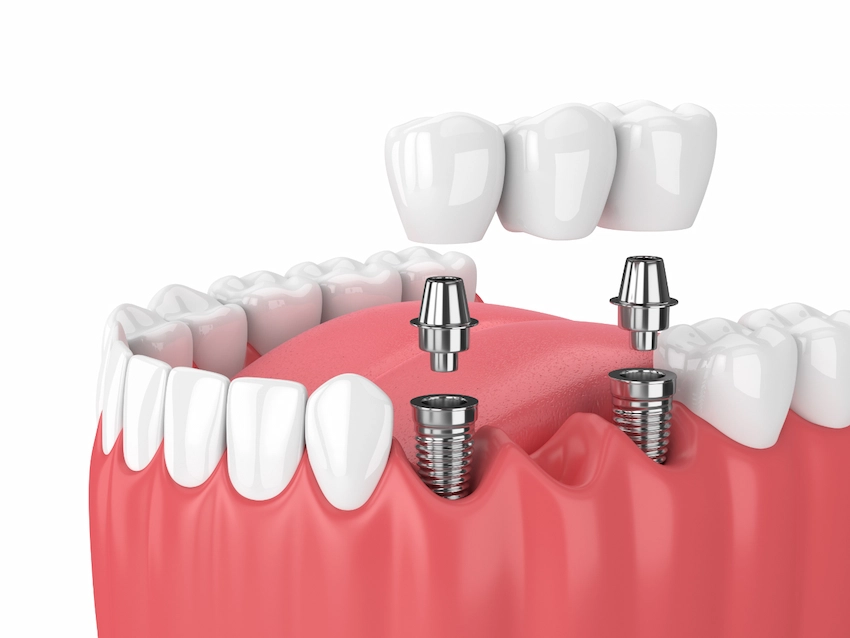
When you delve into the pros and cons of getting whole mouth implants, a familiarity with the various kinds of implants on the market, their properties, and prices becomes necessary. Major types of whole mouth implants are decided based on the patients’ preferences, dentists’ recommendations, and, of course, budget constraints. This sector will provide you with an example of the table that describes the above-mentioned types and their average expenses. Fixed, removable as well, and the hybrid implant types with their approximate cost are discussed below. In the meantime, carry on experimenting with traditional and new ways of learning by engaging with our thesis writer.
| Type of Implant | Description | Average Cost |
| Fixed Implants | Fixed implants are permanently anchored into the jawbone, providing a stable and natural feel. | $30,000 – $50,000 |
| Removable Implants | These implants allow for easy removal and cleaning, making them a good option for many patients. | $20,000 – $40,000 |
| Hybrid Implants | Hybrid implants combine features of both fixed and removable implants, offering a balance of stability and convenience. | $25,000 – $45,000 |
Your choice of which implant to take, to a large extent, hinges on your particular requirements, your financial situation, and the condition of your dental health. Talking to a specialist in dentistry will be a great aid for you to arrive at the best decision.
Average Cost of Whole-Mouth Implants
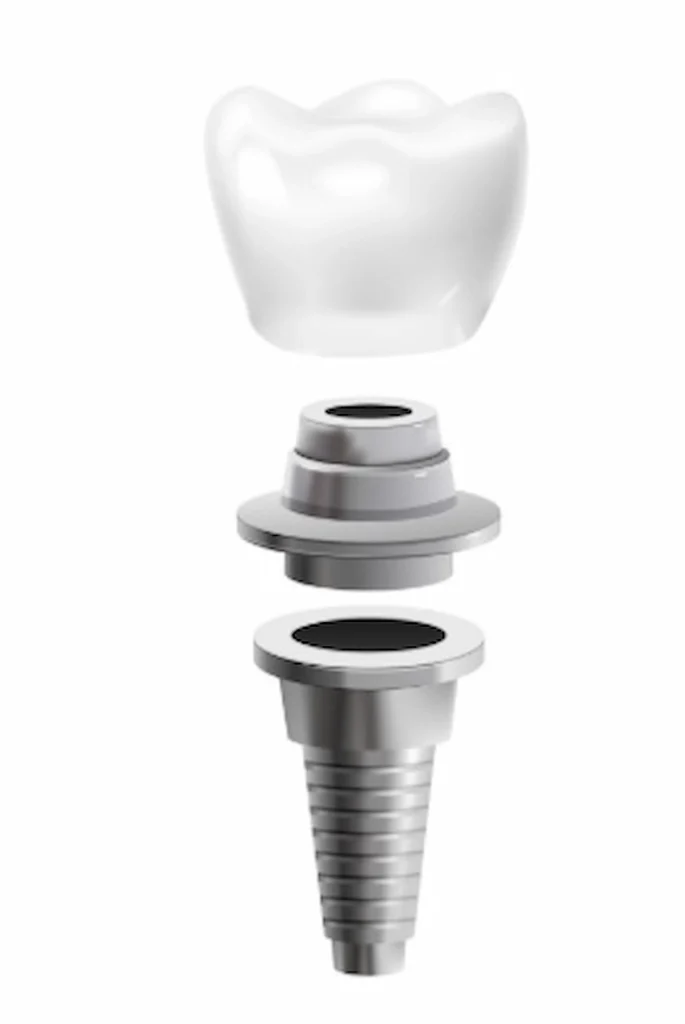
The average cost of whole mouth implants could fluctuate according to the multiple instances of implant types, the engineering of the materials, and the dental practitioner’s years of experience. In the main, the estimated cost should offer a fair indication of the charges for full mouth implants you might be faced with.
| Factors Affecting Cost | Average Cost Range |
| Location of the Dental Facility | $20,000 – $50,000 |
| Type of Implant | $20,000 – $50,000 |
| Additional Procedures | $2,000 – $5,000 |
| Insurance Coverage | Varies |
Being aware of the initial costs for full mouth implants might sound discouraging, however, it is also vital to think about the long-term profits of the implants, which include, but are not limited to, better oral health, enhanced physical appearance, and improved level of living. Besides, inquire about your insurance company’s coverage possibilities so that you can get a reduction in the financial outlay. When you are deciding on whole mouth implants, you must carefully consider different financing options that can make the transformation of a dental procedure more accessible. Many dental clinics have payment plans that are flexible and designed to be suitable for people with different budgets. These plans usually are such that you don’t have to pay the whole amount at once, and it is instead distributed into monthly payments that you can make, hence making you get the right dental care.
Have even received personal loans from banks or credit unions, especially the medical-related ones. These loans would offer competitive interest rates and debt repayment schedules that the borrower can afford. One can inquire about the dental financing companies, which are particularly focused on the uncovered procedures, from the insurance side. The latter can give a line of credit so that one doesn’t have to worry about the cost of the treatment. You should always make sure you investigate and weigh different options to choose the most fitting way of financing for you.
Insurance Coverage for Whole-Mouth Implant

The complexity of insurance coverage for whole mouth implants may be baffling; nonetheless, there are plenty of things to be taken into account. Start with your insurance company, which will guide you on the coverage that you have specifically. Usually, the dental policy pays for several expenses of the implant, but please remember that every plan has its limitations and exclusions. Here are several points that are essential to remember:
- Pre-existing Conditions: There are cases when insurance plans do not cover implants if they fall under cosmetic, or when the patient already has dental issues.
- Coverage Limits: The plan you have can have a cap on the highest benefit for dental implants that they will cover, which also affects the reimbursed amount.
- Duration of Coverage: Investigate how long your plan provides treatment coverage; perhaps some plans only offer it after the procedure for a certain period.
- Prior Authorization: Before your dental implant treatment can be covered by insurance, you may need to get prior approval from the insurance company. Consequently, it is necessary to always get the required authorizations on time.
To fully understand what is covered and potential out-of-pocket costs, it is always good to communicate with your doctor and insurance company. Your knowledge of the subject matter will lead to better decisions when it comes to whole-mouth implant treatments.
FAQ: Comprehensive Guide To Whole-Mouth Implant Cost
Whole mouth implants, also known as full arch dental implants, are a restorative dental solution that replaces an entire arch of missing teeth with a fixed prosthesis supported by dental implants. This method provides a permanent and stable option for individuals with significant tooth loss.
The cost of whole mouth implants can vary widely depending on several factors, including the location of the dental practice, the materials used, and the complexity of the case. Generally, the price can range from $15,000 to $40,000 per arch, with some cases exceeding this range based on individual circumstances.
Several factors can influence the cost of whole mouth implants, including the number of implants needed, the type of prosthesis (fixed or removable), pre-surgical procedures (such as bone grafting), and the experience of the dental provider. Additionally, geographic location can also play a significant role in pricing.
Yes, many dental practices offer financing options to help patients manage the cost of whole mouth implants. This can include payment plans, dental credit cards, and third-party financing companies. It’s advisable to discuss these options with your dental provider to find a plan that suits your budget.
Insurance coverage for whole mouth implants varies by provider and plan. Some dental insurance plans may cover a portion of the costs associated with the procedure, especially if it’s deemed medically necessary. It’s important to check with your insurance company to understand your coverage and any limitations that may apply.
